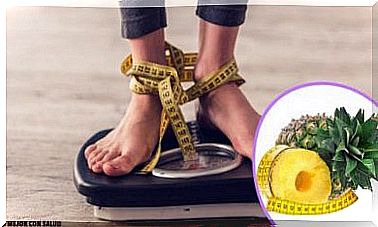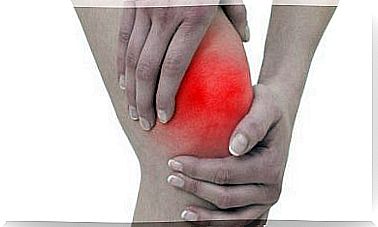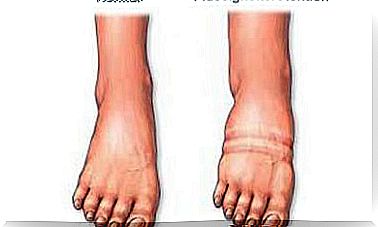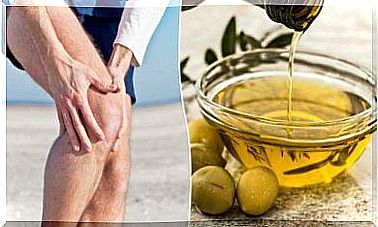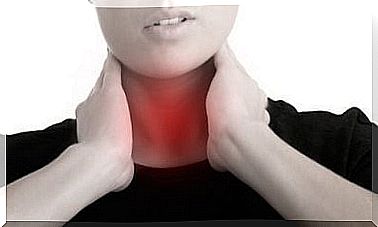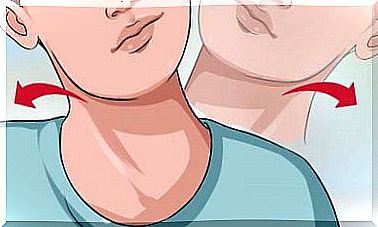Uses Of Hydrogen Peroxide
Did you know that hydrogen peroxide can help with acne? Simply wash your face with water and neutral soap and then apply a little hydrogen peroxide to the affected areas.
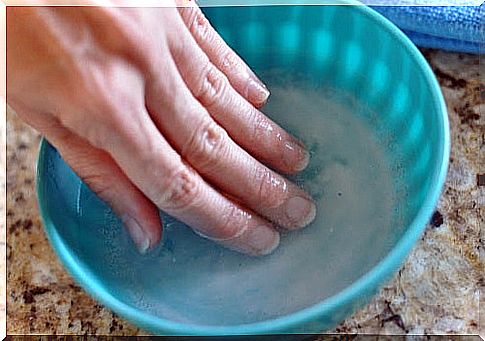
Hydrogen peroxide can be found in almost every medicine cabinet. Because it is an effective means of disinfecting wounds. But there are numerous other uses for hydrogen peroxide.
Read on to find out how versatile this remedy is.
Uses of hydrogen peroxide
H2O2 (hydrogen peroxide) is the only germicidal agent that consists only of water and oxygen and that fights pathogenic microorganisms.
This is why hydrogen peroxide is known to be the best and most effective natural disinfectant.
However, today we’re also going to introduce you to other uses of hydrogen peroxide that are very useful.
- Laundry bleaching: Just add a cup of hydrogen peroxide to the washing machine to prevent whites from turning yellow.
You can also use it to remove blood stains on carpets. Apply hydrogen peroxide directly to the stains and brush. Then rinse with cold water.
- Detoxifying, rejuvenating bath: Add a few spoons of 3 percent hydrogen peroxide to the bath water and relax in it for half an hour.
Use it to remove microorganisms that can build up on the skin and cause disease.
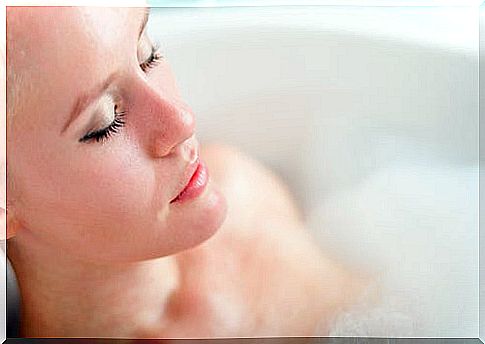
- Against athlete’s foot: Mix hydrogen peroxide and tap water 1: 1 and apply the result to the affected areas. Let this home remedy work all night long.
For chronic infections, you can mix 2 parts hydrogen peroxide with 1 part distilled water and apply it once or twice a week.
- Colon irrigation or enemas: For colon irrigation, one cup of hydrogen peroxide is mixed with 15 liters of water, for enemas a spoonful of hydrogen peroxide is mixed with one liter of hot, distilled water.
- To avoid infection: apply a few drops of hydrogen peroxide to the wound several times a day. In the case of gangrene, the wound is dipped directly into hydrogen peroxide.
- Against infections caused by mites: Put hydrogen peroxide in a spray bottle and spray the affected area of skin with it every hour.
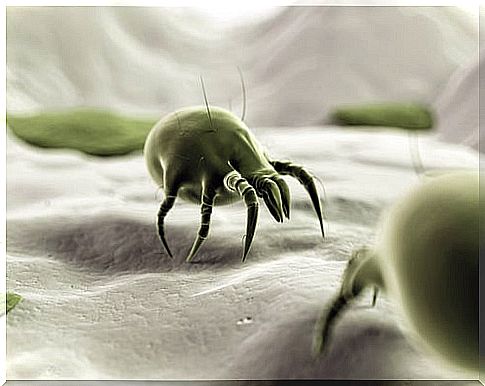
- Against sinus infections: Mix a spoonful of hydrogen peroxide with a cup of water (without chlorine!) And use as a nasal spray.
- Oral care and rinsing: Rinse your mouth with a spoonful of hydrogen peroxide for about 10 minutes, but do not swallow the product.
This can prevent aphthae and small wounds. The teeth become whiter and the risk of tooth decay is reduced.
Many use this remedy as a mouthwash after brushing their teeth. Homemade toothpaste can also be made with hydrogen peroxide and baking soda.
It is also advisable to use it to disinfect the toothbrush. Since hydrogen peroxide has antibacterial, antiviral and fungicidal properties, it can also help with toothache.
- Lighter hair: Hydrogen peroxide is a good way to lighten hair slightly.
For this, it is mixed in equal parts with water and applied to the hair with a spray can after the shower. The hair is then combed to distribute the agent better.
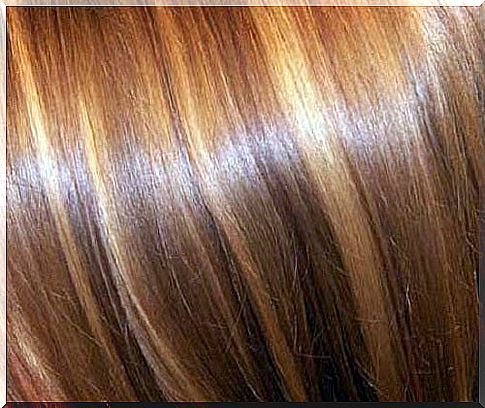
- Disinfecting contact lenses: If you unexpectedly run out of contact lens solution, you can use hydrogen peroxide. It is highly recommended for people with sensitive eyes.
- For household cleaning: hydrogen peroxide removes germs and leaves a fresh aroma.
Moisten a cleaning cloth with it or add a little hydrogen peroxide to the usual cleaning agent. This product is also excellent for cleaning windows and mirrors.
A spoonful of hydrogen peroxide in the dishwasher ensures shiny dishes.
This agent is also recommended for disinfecting bathrooms (so no harmful cleaning products have to be used) and the cutting board, for example after cutting meat or vegetables.
Hydrogen peroxide in combination with vinegar makes an extremely effective, inexpensive and natural disinfectant.
You can use it to disinfect fruit, toys, shoes, floors and much more. Hydrogen peroxide is also ideal for removing mold from the walls.
- Against acne: Hydrogen peroxide is an excellent remedy for pimples on the face.
Wash the face thoroughly with neutral soap. Then apply hydrogen peroxide directly to the pimples with a cotton swab.
Be careful with this to avoid redness and dryness. You can use this remedy up to twice a week.
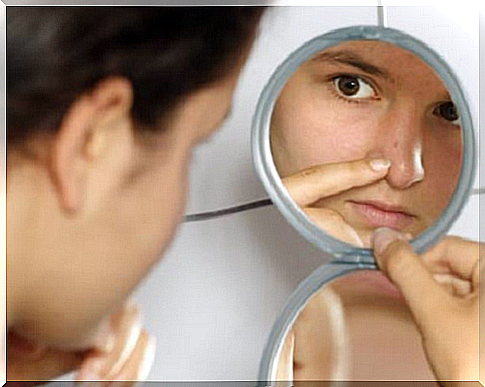
- For sore throats: Gargling with hydrogen peroxide can relieve sore throats.
Mix hydrogen peroxide 1: 1 with water and gargle without swallowing the mixture.
At the same time, this remedy helps to prevent flu and colds, as it kills causative bacteria.
- Treatment of melasma: Simply apply some hydrogen peroxide to the affected area with a cotton swab. After a few hours, wash off and moisturize the skin.
Don’t forget to put on sunscreen when you go out into the fresh air!
- Cleaning the ear canals: Mix a drop of hydrogen peroxide with a little lukewarm water and use it to clean the hearing.

